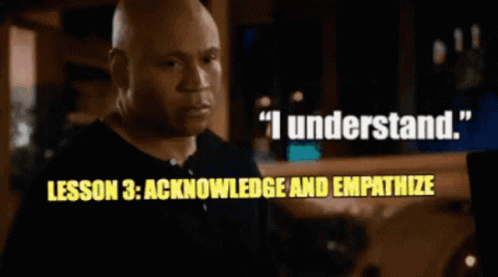As product managers, we are either discovering new products and strategizing on how to make them the best fit for the end users or we are brainstorming on how to make sure that the products already rolled out remain relevant, functional and useful to the end users. Due to the nature of the job, it is not improbable not to make a mistake along the line. And it is okay — if you realize that you have made a mistake because then you’d not do them again.
Now let’s talk about some of the common mistakes product managers make and how to avoid them.
Ignoring the peculiarity of the target market and best practices applicable to it: Every market is different.

What may sell in a Nigerian market may not necessarily sell in the global space especially if the product is solving peculiar Nigerian problems. You should always consider the peculiarity of the market you are building for. It could be a region-specific market, gender-specific market or age-specific market, don’t assume what works here will work there or you may end up building a stale product that won't be as functional as hoped.
Assuming you know your users: This is a common mistake PMs make that leads to making the first mistake above.

Do not assume you know what the users need. Yes, you may have an idea, but you need to validate that idea. More often than not it has been discovered that the problems we seek to solve sometimes are not the main problems but just a manifestation of a root cause. You can only truly understand the fundamental pain point of a user only when you conduct adequate user research. Conducting use research helps you to determine the target market, the solution to the problem, the features to prioritize during MVP release and even pricing.
Lack of empathy with collaborators: Tobi Otokiti once said a wise thing. “As a product manager, you are a generalist working with specialists.” There’s no truer statement.

We product managers are expected to know a little about everything and our roles cut across cross-functional teams hence we are required to always be empathetic. We should understand that the needs of these teams differ, and they should be addressed according to such peculiarities. The way you would explain a concept to the stakeholders is not how you would explain it to the software development team or content creators. The skill of effective communication is needed to be a good product manager otherwise you will be stuck with an unproductive team because you failed to show empathy or communicate effectively.
Building within a box: Dear PMs think big! Think wide! Think outside the box!

We sometimes are quick to build a product without making room for the scalability of that product. Don’t box a product in. Leave room for it to expand/grow because the truth is you can’t predict how much users will love or learn to depend on your product until the product is launched and you can see the outcome. An example of building within a box is building a website for a client without considering the possibility of the traffic on such a site outgrowing the capacity of that website and because it was not factored in, the site will crash. Always give room for scalability. This is what should be factored into the product’s vision.
Overlooking Trends: Do not get so engrossed in your work that you fail to keep up with trends in our industry.

You need to keep up with new tools that can facilitate the effectiveness of your job. Imagine not knowing the existence of tools like ChatGPT or Clickup, Trello etc, that make our jobs much easier and enhance productivity. Be up to date with trends, join product managers' communities on Twitter, subscribe to newsletters etc.
Underestimating the Competition: Irrespective of what phase your product is in — the introduction, growth or maturity phase, always keep tabs on what your competition is doing.

At the introduction phase, it is imperative that while you conduct user research you also carry out an extensive analysis of your competition. What are they doing differently? Why do their customers love them? What are they doing wrongly? What negative feedback are their customers giving about them? Leverage this to make a much better product.
At the growth or maturity stage, you need to know how to stay on top of your game. Figure out what sustains the competition and understand their product— this will help you maintain your product in the market.
Use your competition’s product! Is the user experience good? What could have been better? These are things that will help you as a product manager to stay on top of your product. Be careful not to copy your competition’s features just because it's working for them, remember your product is unique and should feel that way to your users.
It’s okay if you made any of these mistakes in the past, what matters is you now realize it and will do better.
Product management mistakes are not failures but an opportunity to grow and improve.
Credit: Excerpts from Chioma Obiokolo’s online session.

